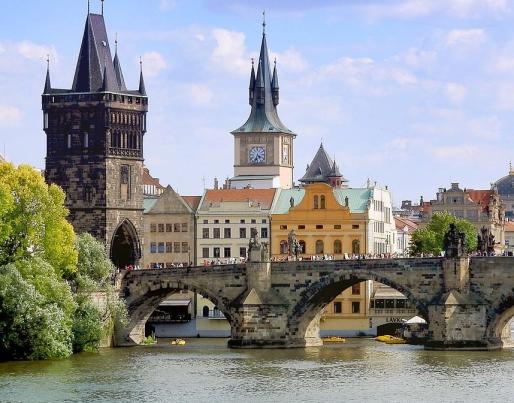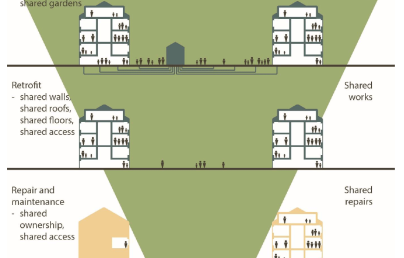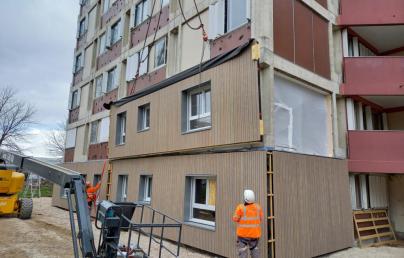The importance of cultural heritage for sustainable cities and towns

The importance of cultural heritage for sustainable cities and towns
Culture is the point of contact between the urban environment and all the sociological aspects, thus it influences a sustainable urban development.
The intersection of culture and sustainable development is emphasised at International and European levels. Agenda 2030 recognises culture's role, addressing heritage in Sustainable Development Goals. The European Commission underscores culture as a tool for communication and social cohesion. The New European Bauhaus initiative reaffirms culture's significance in sustainable development, linking it to the circular economy, social cohesion, environment, biodiversity, and climate goals. The EIT Culture & Creativity aims to unlock cultural sectors for sustainability.
On particular, cultural heritage is integral to the circular city paradigm, with adaptive reuse of historical buildings supporting circular economy models, reducing resource consumption, waste, and fostering multi-actor partnerships.
ICLEI-ES-briefing-paper-Culture-and-Cultural-Heritage-1.pdf
English (368.43 KB - PDF)

